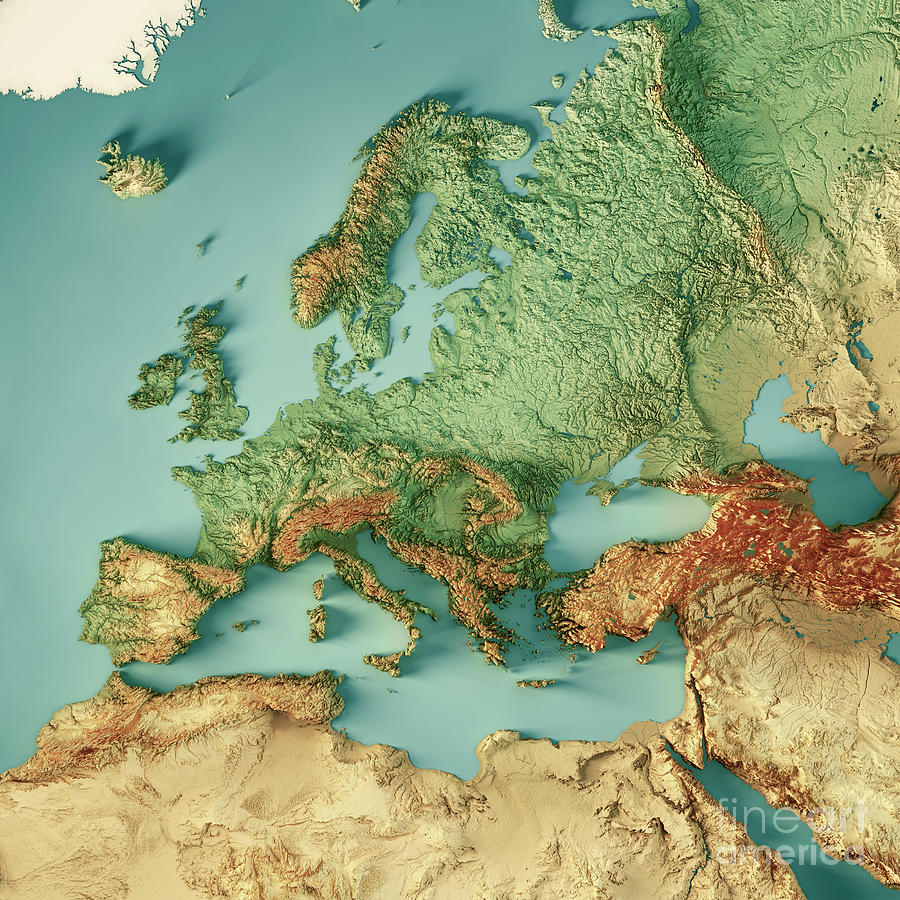No doubt, ambient temperature can make a difference, especially in baking. I’m glad you brought up that point. But I guess what I’m saying is that it is not a direct 1:1 comparison. If it’s 5° warmer in your house and you have to add 5° to the final cooking temperature, that would be a direct correlation but if you’re saying it’s 5° hotter in your house therefore you need to bake something for x% longer, the scale at which you measured your home temperature is immaterial.
- 0 Posts
- 8 Comments
I get what you’re trying to say, and I don’t fully disagree with you. But your point about what a temperature “feels” like actually illustrates my point. We both know what a ten degree swing feels like in our respective measurements, but I would say that that feeling means nothing in regard to 10° difference in cooking temperatures. The feeling you would use to know if your steak is overdone or underdone is not the same feeling as it being shorts weather versus sweater weather.
I’m saying there is literally zero advantage to ambient temperature and cooking temperature being on the same scale. There’s no actionable information gained by knowing that shorts weather is 20C and chicken needs to be cooked to 74C. You wouldn’t ever, say, need to increase the temperature of chicken 54C because it is 20C out. They are mathematically on the same scale, and can use the same units of measurement, but if they do it’s coincidental. Effectively they are different things.
I wouldn’t advocate for a different system of ambient temperature measurement but for the fact that Fahrenheit already exists. I feel confident that I’ve outlined pragmatic advantages, more than simply “I’m used to it.”
K is however a more annoying scale to use for normal/human temps
C is just K with zero set at “it feels moderately cold.”
Kudos for the six-feet under joke!
I’ll counter the cooking argument with the following; you already have to learn different measurements even if it’s all nominally in Celsius degrees because cooking temperatures and ambient temperatures do not overlap. That there’s no real reason a degree in the same unit is helpful when knowing 30 degrees C is “hot” and chicken needs to be cooked to 74 degrees C, or bread at 190. They are already different things.
Despite the downvotes, you are absolutely correct.
Let’s all start out agreeing that units of measurement (distance, length, weight, etc.) in the US is absolutely idiotic. I will back up every European who says this, 100%. Miles, inches, pounds, pints, quarts, fractions; it’s a mess. Objectively, if I remove all my cultural biases (I’m American) metric is just better. A lot better. No question.
And when we are talking about scientific pursuit, and probably cooking too, Celsius is a great unit of measure.
But ambient temperature, the temperature of the environment, Fahrenheit is better. It covers the range of human experience and neatly ties it to a 1-100 scale. It’s a “how hot is it” scale. Celsius’ -18 – 38 degrees just doesn’t make a whole lot of sense when describing the temperatures you will experience during 99% of your time on earth. Further, Celsius’ units are slightly too big to useful, I’ve seen weather reports in Europe say the expected temperature to a 10th of a degree, while Fahrenheit is granular enough not to need to.
Metrics base ten is great when it comes to distance and weight. And it accurately allows for relative comparison (ten meters is twice that of five.) But ambient temperature does not work like that; 20 degrees is not twice that of 10, and the base 10 units doesn’t effectively exist for temperature.
To all those who will downvote me, I get it. You’re very used to being on the objectively right side of sanity re: units of measurement and rightfully so. But I ask you to set aside your cultural bias and muscle memory for a moment and objectively think about what range of measurement makes more sense for ambient temperature and ambient temperature only.
Put another way, with Celsius, one has to be accustomed to the possible range of values. With Fahrenheit, most people understand 1-100 intuitively.


I am 38% certain that the sun will rise tomorrow. 38 being the most certain I can be; you’re just not used to my scale. :-)